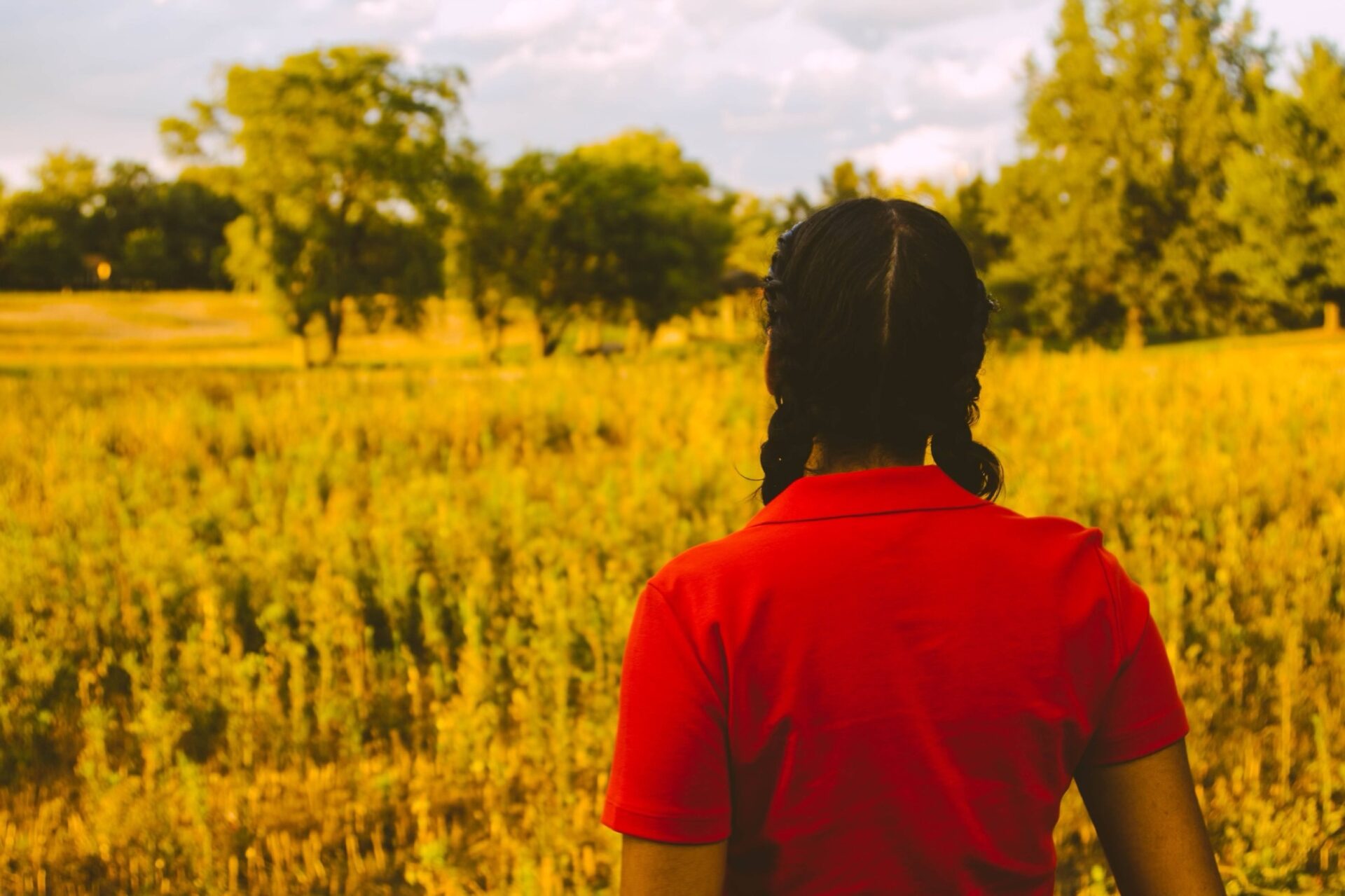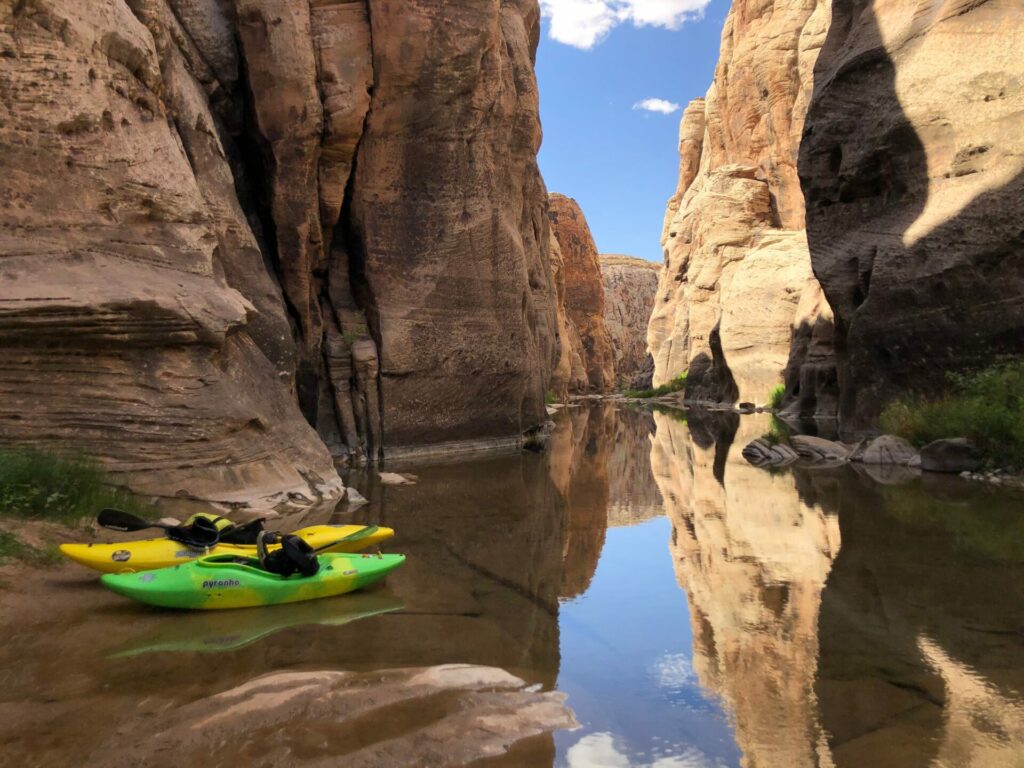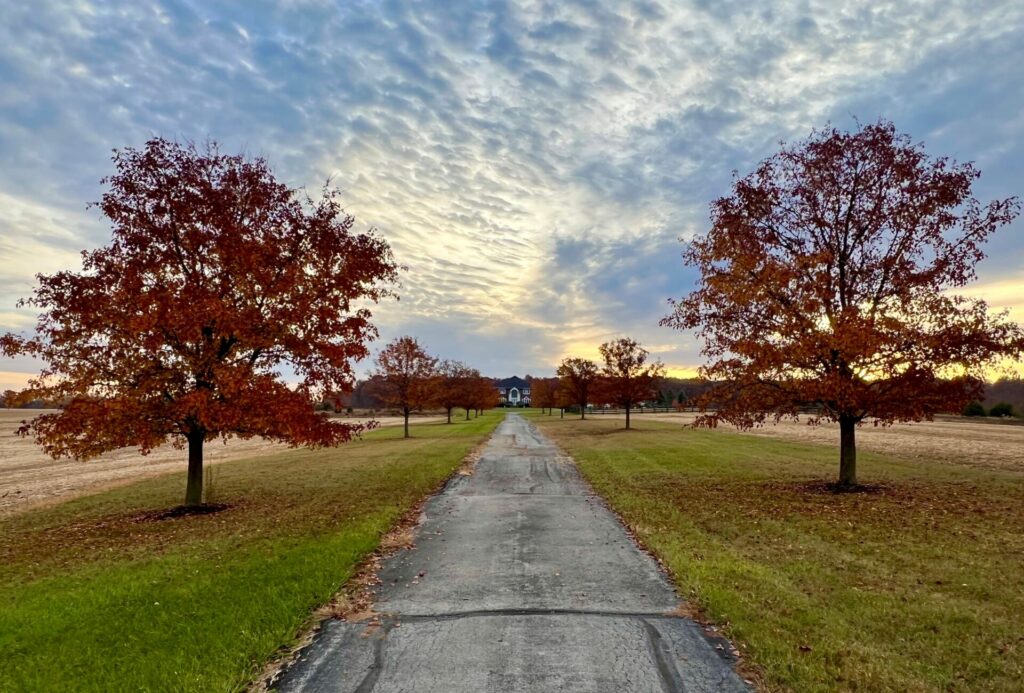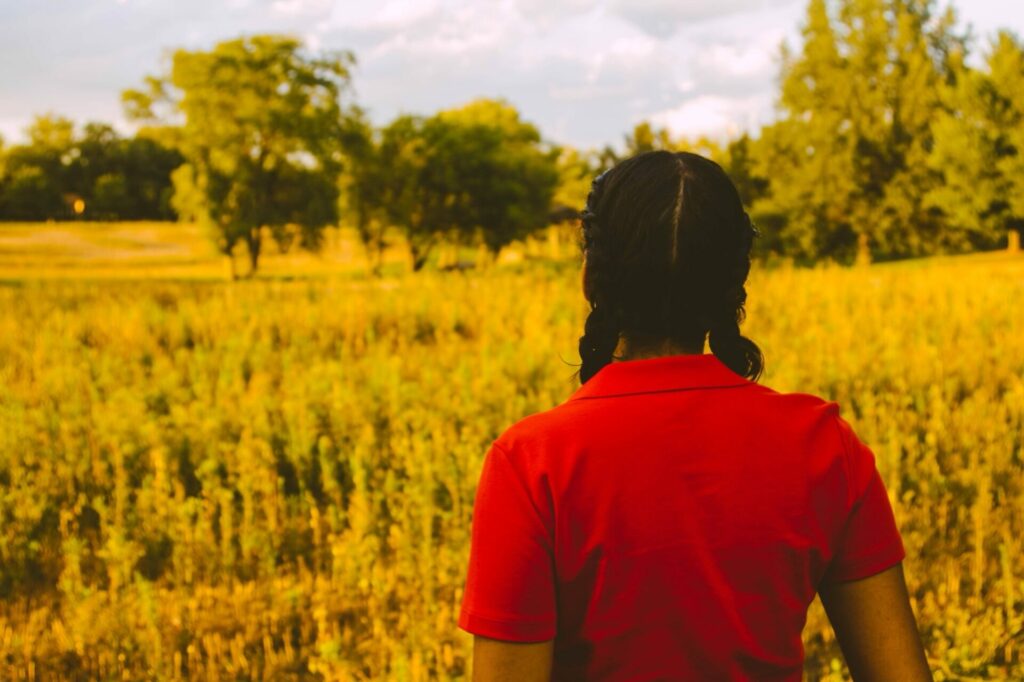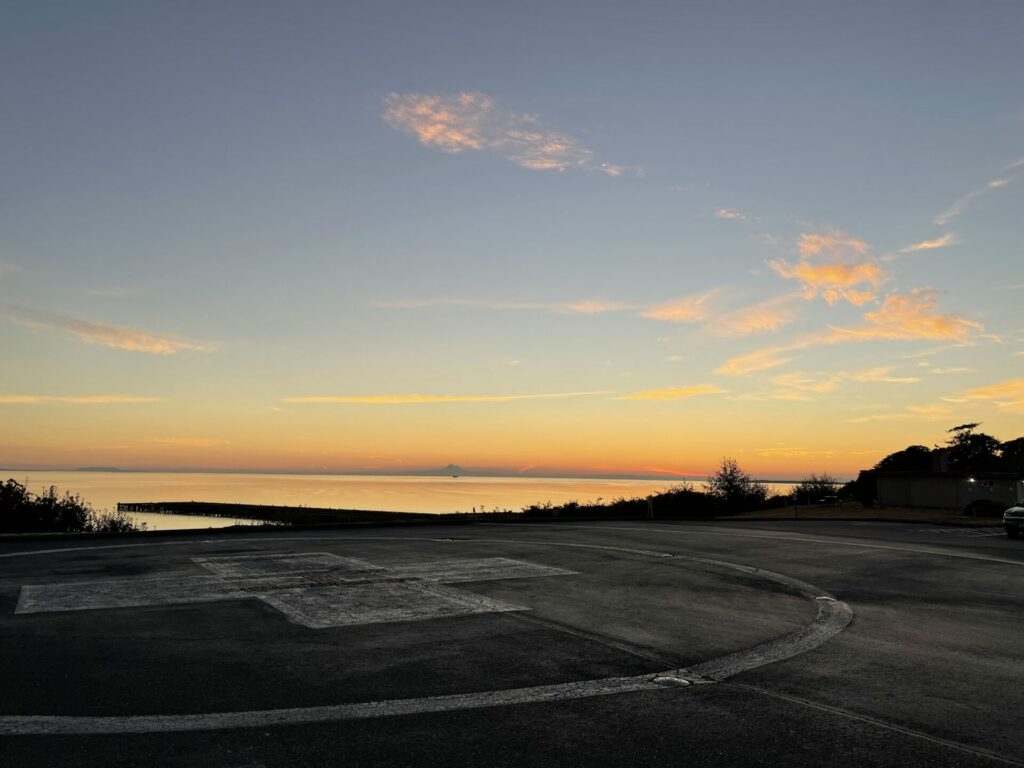Huge thanks to everyone who entered the RTT Collaborative’s 2023 Photo Contest!! There were so many lovely submissions, and we had a difficult time picking through the talent to pick the few winners. That being said, we’re extremely proud of these five selections who won. View them below, and keep an eye out for next year’s photo contest announcement this summer.
What does rural education look like?

first place
“Rural Beauty”
Tanner Mickey, Taylorville, IL
“This photo was taken at my pasture near Taylorville, IL. This photo depicts the beauty of our rural landscape. With our beautiful Midwest sunrises and sunsets, I have gained a passion for taking photos like this. I grew up on a grain and livestock farm in rural central Illinois, where I have had numerous opportunities due to my rural education. The rural education gave me the opportunity for more personalized attention from the teachers, innovative curriculum, and a strong sense of community values and involvement. My active involvement at school and in our rural community has benefited me as I pursue a college degree and enter the work force.”— Tanner Mickey
second place
“Patience and Understanding”
Annalise Wille, Winslow, AZ
“Creating and maintaining partnerships with patients is an essential practice in rural medicine. Clinic in Northern Arizona often comes with verbose patients who are mistrustful of society and have no qualms sharing their skepticism of the medical system and the medical student’s role in it. Sometimes it seems as though no proposed solution or improvement can be reconciled. Understanding patients’ hardships, their experiences, and the reasoning behind their views are essential to creating connection and laying the foundation for trust to be earned. Allowing (reasonable) time for them to vent frustrations and continuing to show up again and again in my opinion help to smooth the waters and allow for forward momentum in both traditional and extra-medical patient care. “ — Annalise Wille
third place
“Medicine in Full View”
Monique Booher, Shelby County, OH
“Medical training in a rural setting is an experience unlike any other. In medical school, our education is broken into sections, whether that’s by organ system or by specialty, and we learn what’s important to that specific section. This mentality follows us into rotations where we are only focusing on one specialty and studying for that all important shelf exam. However, when I first worked in a rural area, I quickly learned that I was every specialty, for every patient, every time.
The classical farmer who comes in for diabetes and hypertension has these issues because the weather has been dry the last three years and the harvest hasn’t been the best, so finances are tight, his family can’t afford healthier foods, he’s been arguing with his wife, and he’s been having irregular rhythms when he’s stressed. In this short span, I’ve been this patient’s endocrinologist, cardiologist, psychiatrist, and of course his primary care physician, all because the nearest specialist for anything is at least an hour away. I don’t think I’ll ever get better training than I have in a rural setting because it forced me to be an expert in everything and really look at my patients from a broad perspective, as this photo reminds me. I respect the doctors I’ve worked with in this setting thus far because rural doctors truly excel in taking a step back and seeing medicine in full view.” — Monique Booher
honorable mention
“Family, Community, Beauty”
Sanjay Jinka, Monclova, Ohio
I was born and raised in the small town of Monclova, Ohio. Although only 30 minutes from the urban center of Toledo, Ohio, the lifestyle was a significant departure from city life. Growing up here I saw people place a large emphasis on family and community and less of an emphasis on healthcare. As a medical student who was able to rotate in a hospital in inner-city Toledo, I noticed that more rural-based patients were more likely to allow their diseases to progress to more advanced levels before seeking care. I remember through my exposure on a plastic surgery rotation that one patient had allowed their head and neck cancer to progress to a startling level. I hope to come back and serve underserved patients like this after residency to address this gap in health care.
This photo is one I took of my sister in Monclova, overlooking a cornfield. To me, the photo showcases the beauty of the rural landscape which I call my home. — Sanjay Jinka
honorable mention
“Adaptable Resilience”
Abigail Ahyong, Port Angeles, WA
“Code Stroke.”
“Code STEMI.”
“Preterm Labor.”
“Trauma.”
Living in our rural community, one gets used to hearing helicopter blades churning in the air. Medical transport is a vital part of any rural community’s healthcare system. As residents we learn to triage cases and determine which patients need higher levels of care not available at our rural facility. We are boots on the ground, relying on the recommendations of specialists hours away to keep patients alive. However if a patient needs to be transferred, there often is not a bed readily available, even after calling multiple level 1 trauma centers within the state. Sometimes, even if a patient is accepted to a facility, they must wait days before being transported. In those circumstances, we must learn how to manage a NSTEMI, provide critical care to a newborn ex 29-weeker, or try to prevent renal failure in a kidney-transplant recipient with bacteremia and septic shock. We adapt and we learn to be resilient. — Abigail Ahyong

